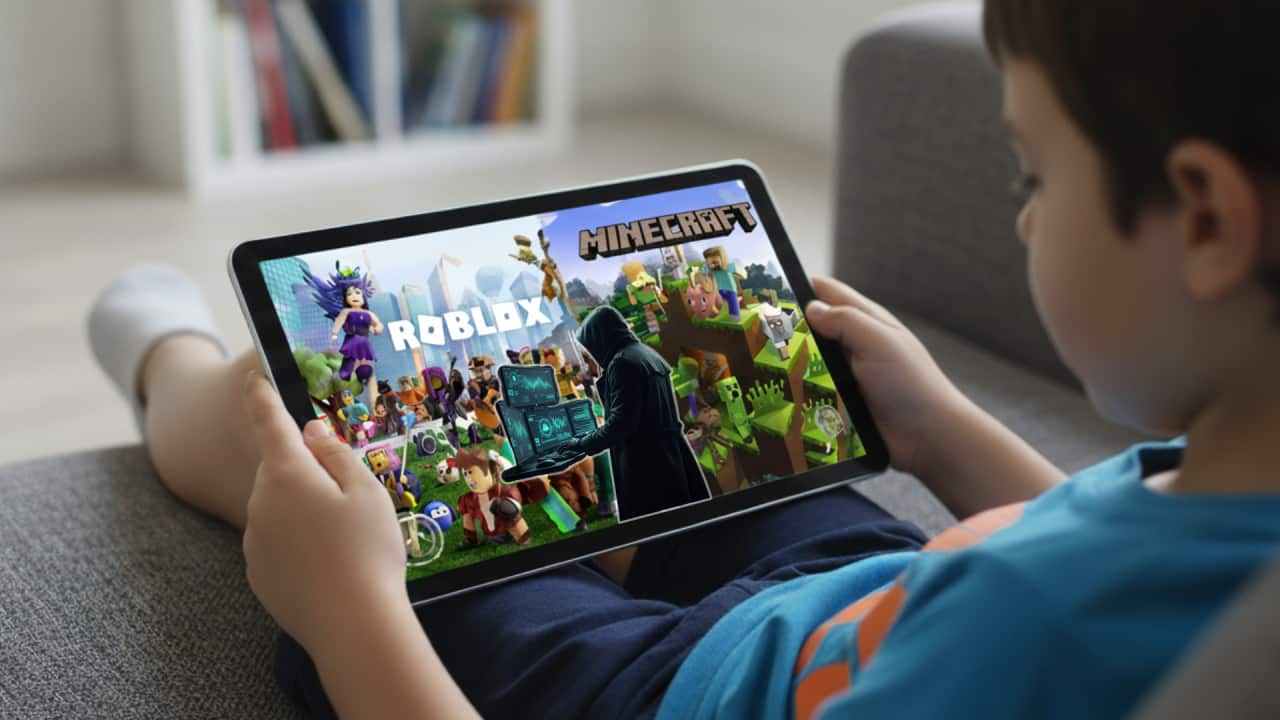Tomoko Irlean Matsumoto remembers her father fondly.
But the memories are tinged by a war that separated her family.
She was just four years old, living in Darwin, when, thousands of kilometres away, Japan bombed Pearl Harbour -- and prime minister John Curtin announced the war had come to Australia.
Ms Matsumoto's father worked in the pearling industry, and he was rounded up along with the other Japanese civilians living in Australia at the time.
His family intially went with him, from Darwin to a civilian internment camp in Tatura, Victoria.
Other camps had been set up around the country and already held Italian and German civilians.
Altogether, around 4,700 Italian civilians living in Australia, 4,000 Japanese and 2,000 Germans were detained.
But for Ms Matsumoto, there was an extra cruel twist.
Her mother was Aboriginal, and she and her siblings were later separated from their parents and sent to a Christian mission in the Tiwi Islands with children of the stolen generations.





